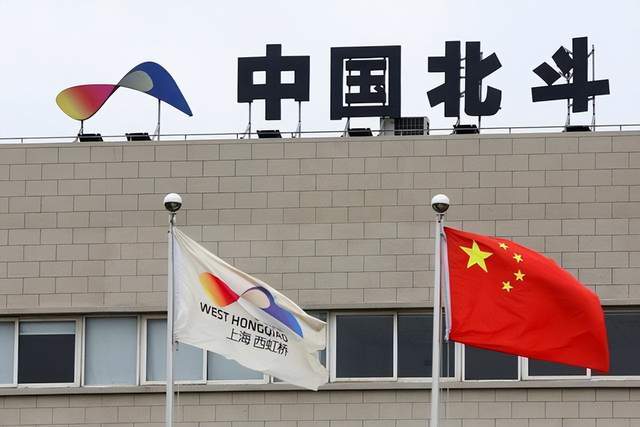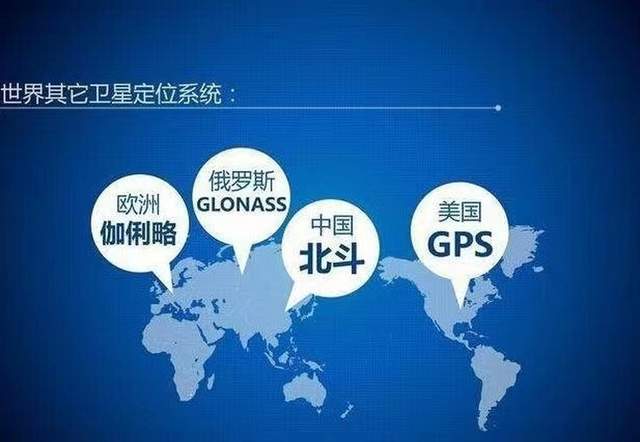Overtaking the US GPS, China's Beidou becomes the world's first, because everyone trusts it more?
![]() 10/14 2024
10/14 2024
![]() 640
640
Recently, it was reported that China's self-developed satellite navigation system has covered 230 countries and regions, with a total user base exceeding 1.5 billion, and more than 20 billion devices connected. During peak hours, the daily service request volume reaches up to 450 billion, surpassing GPS and becoming the most frequently used navigation system globally.
Suddenly, it makes one sigh. Back in the day, the US GPS was so powerful, monopolizing almost 100% of the global market. Navigation was even synonymous with GPS in China, but times have finally changed.

Why did China decide to develop its own satellite navigation system? There's a little story behind it. 30 years ago, China relied solely on the US GPS for navigation, without developing its own system.
However, the US shut down the GPS signal for the MV Yinhe, accusing it of carrying contraband. This left the ship without navigation, lost at sea for 33 days, and ultimately forced to undergo US inspection.
This incident spurred us into action, realizing that satellite navigation must be developed in-house. When Europe embarked on developing the Galileo navigation satellite, China expressed interest in joining the project, even investing substantial funds. Nevertheless, the EU eventually excluded China, alleging concerns over technology theft.

China learned from this painful experience and made a firm commitment to develop its own satellite navigation system, no matter how difficult it may be. The alternative was to risk falling behind and being vulnerable.
When China embarked on developing its own satellite navigation system, the US and Europe imposed technical and component blockades, hoping to hinder China's progress. But after over 20 years of perseverance, starting from scratch, China's Beidou navigation system broke through the US-European blockade, achieving full independence in research and development. Overcoming various challenges, China successfully established a fully autonomous and controllable global satellite navigation system.
Beidou not only serves Chinese users but also extends its reach overseas, covering the globe and providing services to users worldwide.

From a technical perspective, China's Beidou is on par with the US GPS, surpassing Europe's Galileo and Russia's GLONASS in terms of advancement, accuracy, and functionality. It also supports short message services.
Eventually, the US GPS, Galileo, and GLONASS all sought compatibility and cooperation with Beidou to enhance the stability and reliability of their services.
More importantly, China has consistently adhered to the principle of non-interference in other countries' positioning systems, refraining from deliberately disrupting satellite signals. Its open and inclusive approach has earned the support and trust of hundreds of countries worldwide, given the lingering concerns about the reliability of the US GPS.

In particular, some sensitive countries and regions have long harbored doubts about the US GPS. Now, with the emergence of China's Beidou system, offering free global services, it has naturally garnered widespread acclaim and trust.
Meanwhile, the upstream and downstream industries related to Beidou are well-established, offering cost-effective chip solutions compared to GPS. Consequently, an increasing number of users are joining the Beidou family, ultimately propelling it past GPS to become the world's leading navigation system.




